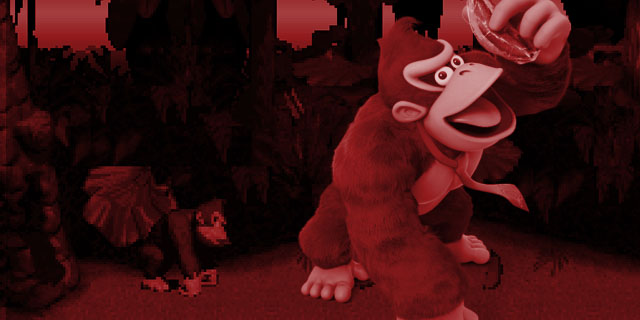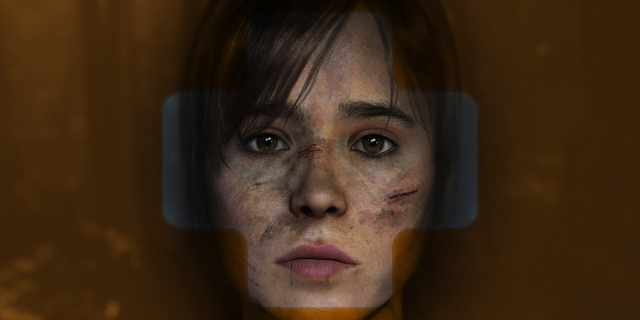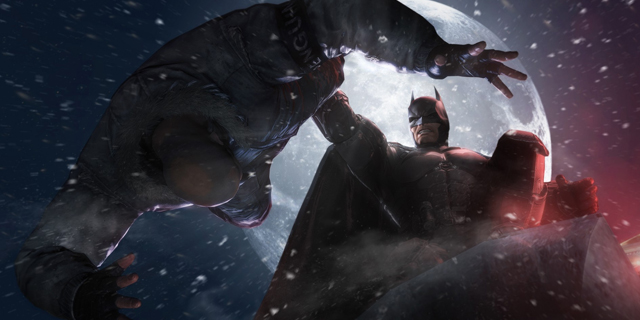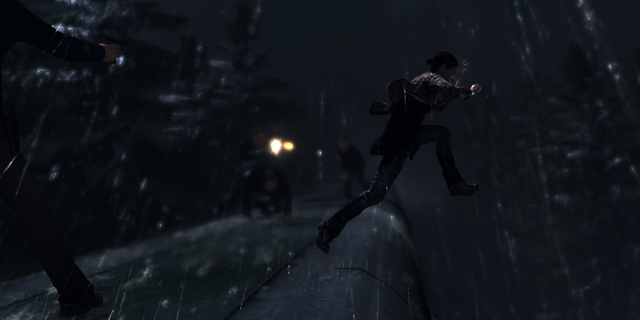
In From Pixels to Polygons, we examine classic game franchises that have survived the long transition from the 8- or 16-bit era to the current console generation.
After months of looking at the evolution of gaming’s biggest franchises, it’s time to end this year’s run of From Pixels to Polygons by looking at the game (and series) that helped put Nintendo on the map: Donkey Kong. It may not be as popular as Mario or as well-received as Zelda, but Donkey Kong has a long and storied history and is still going strong today.
READ MORE

Whether or not you actually like the current movement of more narrative-focused games, such as the critically acclaimed Gone Home, it’s clear that it’s not going anywhere. Look at Quantic Dream, a team Sony has put a ton of weight (and money) behind, delivering experiences with high budgets and minimal gameplay. There is a place for these experiences in the industry, and they deserve our attention, yet certain games only highlight the fault of their stories when it becomes so much of the focus.
READ MORE

The Dark Knight has come a long way since the days of the first Batman games. It had gotten so bad that any fans of the character were thankful for even a mediocre game. Thankfully, 2009’s Batman: Arkham Asylum changed everything for both Batman and comic-based games in general. Both it and its follow-up, Arkham City, are considered by many to be two of the best superhero games around.
Now, with Batman: Arkham Origins, a new developer is brought on to tell a prequel story all about Batman’s first encounters with some of his most famous villains. After two stellar titles, expectations are high; unfortunately, the game fails to meet those expectations in many ways.
READ MORE

Video games give us a lot. They provide exciting, compelling gameplay experiences, amazing visuals, brilliant soundtracks, stunning worlds to explore, and so much more. The one thing games have become increasingly good at is telling a story. While I love titles such as Mass Effect, The Last of Us and The Witcher 2, the games that almost always hook me are the ones attempting to bring story to the forefront. Games such as The Walking Dead or the recent release, Gone Home, all provide excellent narratives that stand above and beyond their contemporaries.
Yet, so many people seem to reject these games, signaling that their success is the sign of a dramatic sea change in the industry which will forever take over and extensively ruin the games we all know and love today. This overdramatic (and frankly, ridiculous) notion makes me wonder just why so many are afraid of games that attempt something different. We all accept innovative titles in regards to gameplay mechanics, but in terms of simplifying gameplay for the sake of a story? It becomes a different conversation entirely.
READ MORE

These days, it’s common to find games attempting to branch out with their storytelling even if it means sacrificing a more “traditional” gameplay experience as a result. It’s hard to deny the impact of these titles, even if some succeed more than others. Quantic Dream, the team behind 2010’s Heavy Rain, continues in this grand tradition to expand on the nature of the medium while also attempting to tell a more cinematic, impactful story.
Beyond: Two Souls, the team’s latest effort, demonstrates a clear understanding of how to push narrative to the forefront, but does so with uneven results.
READ MORE
























